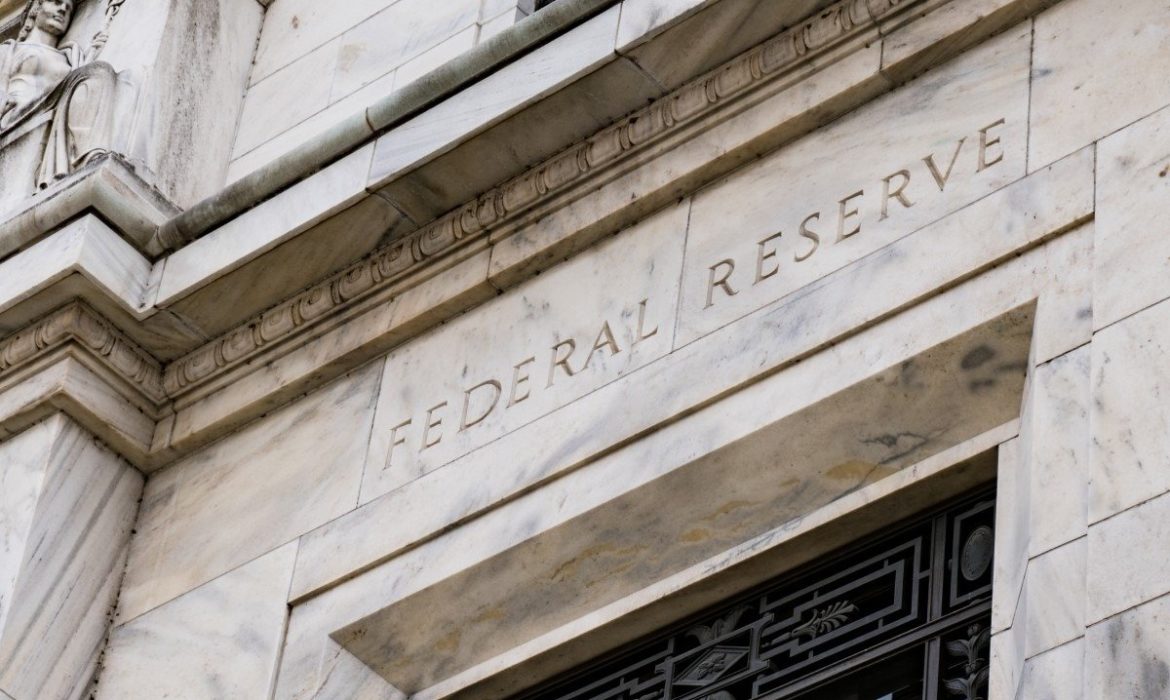Jerome Powell is Federal Reserve Chairman. He called on Congress to reduce the United States federal budget deficit. It is for ensuring the central bank can adequately respond to a recession or financial crisis.
On Tuesday, Powell told a House Committee that lawmakers must curb federal spending because the economy is running strong before a downturn forces Congress. Or the Federal Reserve to pump stimulus spending into the United States.
On Tuesday, Powell talked before the House Financial Services Committee. He said that he wants to put the federal budget on a sustainable path. Thus, it will help to ensure that policymakers have the space for using fiscal policy for assisting to stabilize the economy during a downturn. Moreover, it will work on an advantage when the economy is running strong.
A more sustainable federal budget can support the economy’s growth over the long term.
The day before Powell’s comments, the United States President Donald Trump proposed a budget for fiscal 2021 with a $1 trillion deficit. President Donald Trump thinks that it will put the United States on the right track to balance its spending in 15 years. That projections are assuming that economic growth is going at a far faster rate than predicted by most economists.
Powell is a Republican widely seen as moderate. He was frequently calling on Congress to reduce the deficit throughout his tenure as Fed chairman. The Federal chief is among several economists and policymakers concerned about how a combination of rates of low interest and high debt might hamstring policymakers if the economy slows down.
Federal Reserve System
The Fed was always responding to economic downturns with drastic cuts of interest rates. It reduced the cost of borrowing to stimulate the economy. After the 2007 financial crisis, the bank decreased interest rates to zero percent. By December 2009, the bank gradually raised them to a baseline range of 2.25 percent to 2.5 percent.
The Fed was forced by a global economic slump to reserve last year’s course. It cut rates to the 1.5 percent to 1.75 percent range. Some economists are afraid that interest rates are currently too low to swift rate cut to stave off a recession. That will most probably boost pressure on Congress for passing a massive stimulus bill akin to the 2009 measure. That time it was enacted by former United States President Barack Obama.
Powell said on Tuesday that the current environment is low-interest-rate. Thus, it is suggesting that it will be necessary for fiscal policy to help to support the economy in case it weakens.
The crucial advice is one of the few areas directly beyond the Fed’s mandate, where Powell wants to offer policy prescriptions. The chairman was a critical Republican advocating to raise the federal debt limit during the administration of Obama as a visiting scholar at the Bipartisan Policy Center, before joining the Fed in 2012.
All in all, It is the situation of the economy in the United States. Stocks are historically sensitive, and it is unclear what role Powell’s talks will play in the future.















